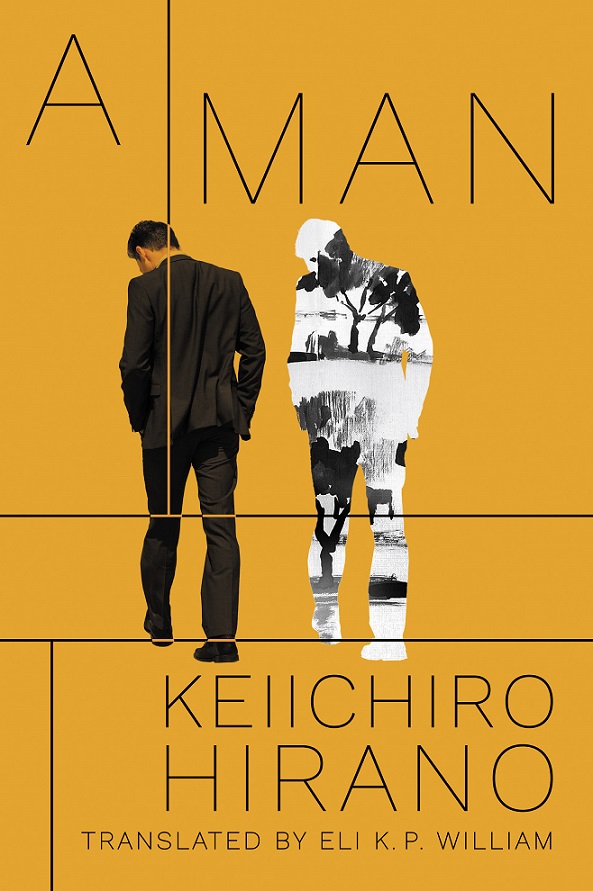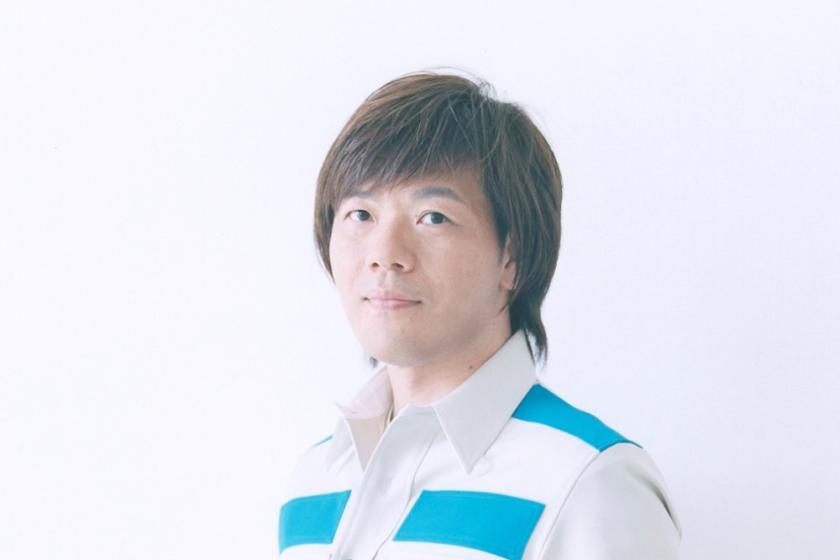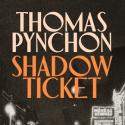Keiichiro Hirano’s A Man has all the trappings of a gripping detective story: a bereaved wife, a dead man whose name belongs to someone else, mysterious coded letters, a lawyer intent on uncovering the truth. Together with a wilfully understated title, however, these features belie a deeply thoughtful novel whose mystery premise gives way to an examination of the most profound questions of identity and artistic creation. In a work so rooted in Japanese cultural history, the questions posed by the author become distinctly literary, moving ultimately to address the very practice of novel-writing.
A Man centres on the journey of Akira Kido, a middle-aged lawyer, to discover the identity of a man who, until his death, had been posing as a certain Daisuké Taniguchi. Kido searches, too, for the real Daisuké, but the more his investigations progress, the more he begins to reflect on his own frustrated life. This plot of double identities seems partly to draw inspiration from Jun’ichiro Tanizaki’s famous 1926 novella, The Story of Tomoda and Matsunaga, which explores in dramatic fashion the total reinvention of the individual. Yet, where Tanizaki uses the double life to picture the curious relationship between Japan and the West, Hirano finds an opportunity to look inward and interrogate the very workings of the self. With themes of racism and political controversy, and the spectre of the 2011 Great East Japan Earthquake looming large, A Man is a stubbornly modern, naturalistic exploration of the double identity theme and the philosophical musings it provokes.
 Hirano uses the meticulous investigations of the lawyer Kido to throw into relief the insistent messiness of identity, both from a legal and philosophical perspective. The more the mystery reveals about the backstories of Daisuké and the man posing as Daisuké, the more blurred truth and deception become, until Kido can no longer be certain of the validity of either. The central message that our protagonist gleans, and that the author seems intent on conveying, is that just as much meaning can be extracted from a life founded upon lies as one that is completely "real". Deceit becomes attractive, even erotically charged at times, to the extent that the truth – which represents the ostensible goal of the mystery plot – no longer enjoys the nobility assigned to it by (among other things) the law. Where such novels often necessarily suffer something of an anti-climax at their revelatory dénouement, Hirano attests that the key mysteries of identity, truth and deceit remain unsolved.
Hirano uses the meticulous investigations of the lawyer Kido to throw into relief the insistent messiness of identity, both from a legal and philosophical perspective. The more the mystery reveals about the backstories of Daisuké and the man posing as Daisuké, the more blurred truth and deception become, until Kido can no longer be certain of the validity of either. The central message that our protagonist gleans, and that the author seems intent on conveying, is that just as much meaning can be extracted from a life founded upon lies as one that is completely "real". Deceit becomes attractive, even erotically charged at times, to the extent that the truth – which represents the ostensible goal of the mystery plot – no longer enjoys the nobility assigned to it by (among other things) the law. Where such novels often necessarily suffer something of an anti-climax at their revelatory dénouement, Hirano attests that the key mysteries of identity, truth and deceit remain unsolved.
The author deftly elevates these questions to the level of literary creation. In the care it takes to muddy the waters of identity, A Man simultaneously reflects on the practice of writing novels, asking whether the reinvention of individual identity is any less evocative than the noble "deceit" of fiction writing. What difference does it really make if a story is a fiction instead of the truth? Such a question is inherently linked with the Great East Japan Earthquake and its literary responses which, nine years on, are still in a state of flux. Hirano’s sustained blurring of truth and lies on both a personal and literary level is evidence that, as Haruki Murakami observes of literature’s treatment of the events in 2011, "the distinction hardly matters in the face of such a reality".
In light of the multi-layered nature of A Man, Eli K.P. William’s translation fails at times to capture the distinct feel of Hirano’s writing. This is, after all, a novel that draws on the specific cultural history of Japan and Japanese identity; the occasional presence of a highly westernised, colloquial vocabulary jars therefore with some of the most important concepts. For the most part, however, Hirano’s most poignant assertion is faithfully rendered. Fiction, A Man seems to argue, is a valuable source of solace despite – or, conversely, on account of – its status as a lie.
- A Man by Keiichiro Hirano trans. Eli K.P. William (Amazon Crossing, £8.99)
- Read more book reviews on theartsdesk















Add comment